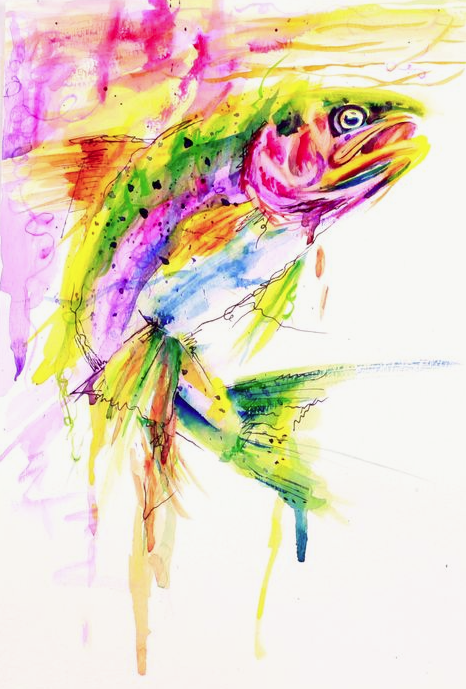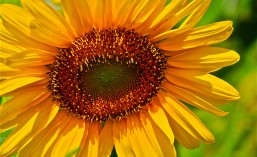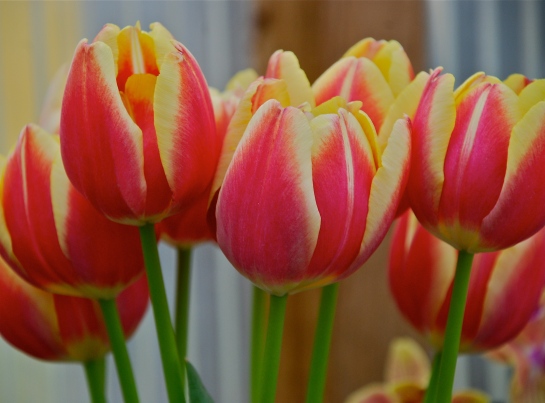The world is full of poetry.
The air is living with spirit;
and
the waves dance to the music of its melodies,
and sparkle in its brightness
.
~James Gates Percival

Sometime between the 8th and 9th grade in school, I decided that I didn’t like poetry at all and that I would never be a teacher, especially NOT an English teacher. All three pronouncements eventually became lies however as I spenr 31 years as a public school educator, half of which were spent teaching English. And I also came to truly love poetry. So I’ve questioned over the years the wisdom of teaching to young teenages works like the epic poem Beowulf, The Rime of the Ancient Mariner, the longest poem ever written by Coleridge, and Poe’s The Raven which has been called an allegory or a work that falls into didacticism. It does seem to be a bit over the top for 13, 14, and 15 year olds even very intelligent ones, don’t you think? And how many others, like me, who, as a result of similar early encounters with such challenging pieces of literature, really began detesting poetry and subsequently never came into an appreciation of it? Don’t get me wrong. I’m all for challenging learners at any age, but there is just something about poetry, at least the kinds that I mentioned, that teenagers are not quite able to truly understand and/or appreciate. Of course there are a few who could or would maybe, but I’ve often thought that perhaps most, when faced with such daunting literary works, never learned to love poetry or find inspiration in it. Then there was the fact that back in the dark ages when I was in school, not only did we have to read those “thorny” poems, but we also had to memorize passages from them and eventually stand up in front of class and recite the lines for a grade. I don’t know about the rest of you, but that strikes terror in the hearts of many a student at that age including myself on occasion. However, now some 50+ decades later, I enjoy being able to yet quote some of those lines. In addition I love the genre of poetry, a large and growing number of poems, and the poets who crafted them, even if they are or were individuals who lived less than stellar or troubled lives. For example, I recently read The Raven for the first time in forever, and although Poe led a fairly sordid life filled with ordeals, I couldn’t help but be awestruck by the beauty and musicality of the poem as well as by the bits of great wisdom I found either in some of the lines themselves or between them. After all life has always been made up of “the good, the bad, and the ugly,” hasn’t it? So I’ve decided today to share a poem I like once a week in hopes that it will speak to you as many have spoken to me. After all we bloggers are writers of sorts and some are even poets so I think most of us appreciate the beauty of poetic words, rhyming or not. Thus I hope you enjoy poetic Wordy Wednesday postings in addition to pictographic Wordless Wednesday posts.
The Wishing Fish
BY THOMAS VORCE
What if you could be a trout
And splash and flip And flop about.
Amidst the river’s ripples you
Would catch sun shimmers
And renew the summer wind.
You’d stop to chat With trouty friends
And make amends.
Or discourse on the willow’s bend.
The gala of the water’s course,
Like laughter of a child,
Would run along your gullet
With the mystery of the wild.
And every wish you ever heard
Would be in chorus with the birds.
As palettes made of rainbows play,
You’d flap your fins
To greet the day.
Along the banks you’d rest at night
And fire flies like lamps would light
The glowing of the August Moon,
Where fish make wishes of their own
And all the best remains unknown.
The person without the Spirit does not accept things that come from the Spirit of God but considers them foolishness, and cannot understand them because they are discerned only through the Spirit. ~1 Corinthians 2:14 ✝
**Image found on Pinterest












